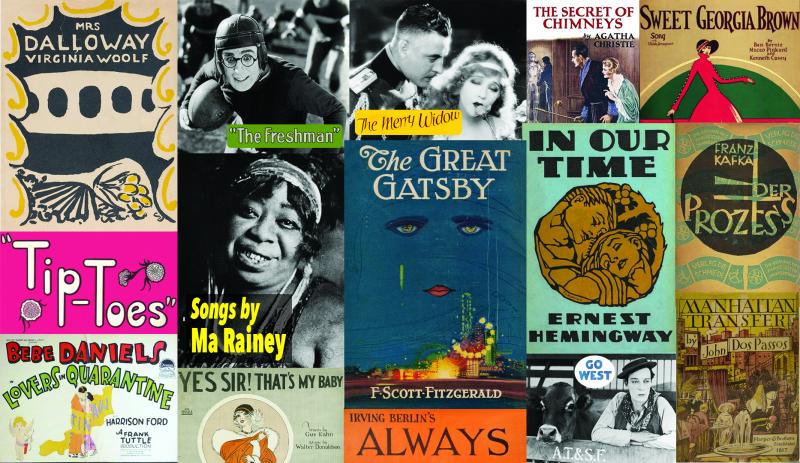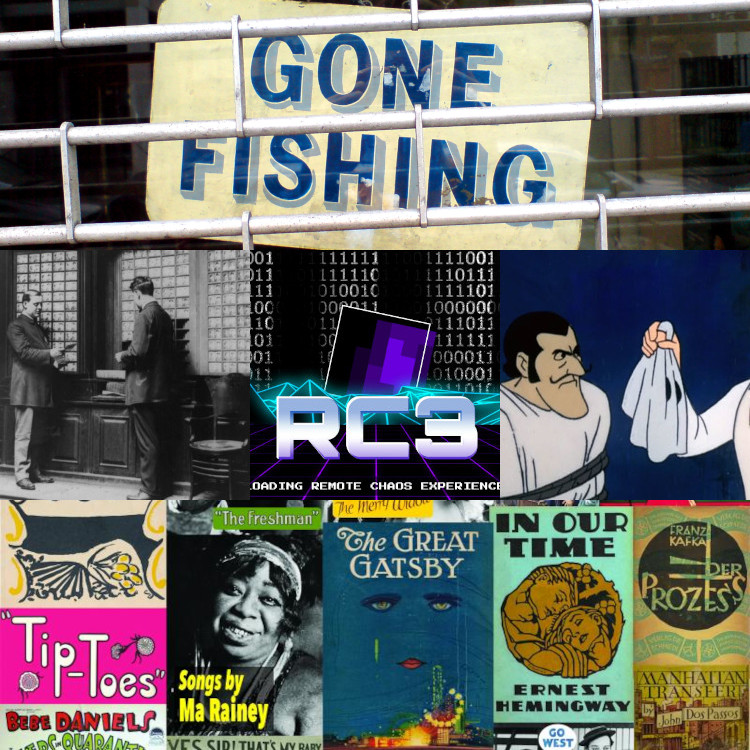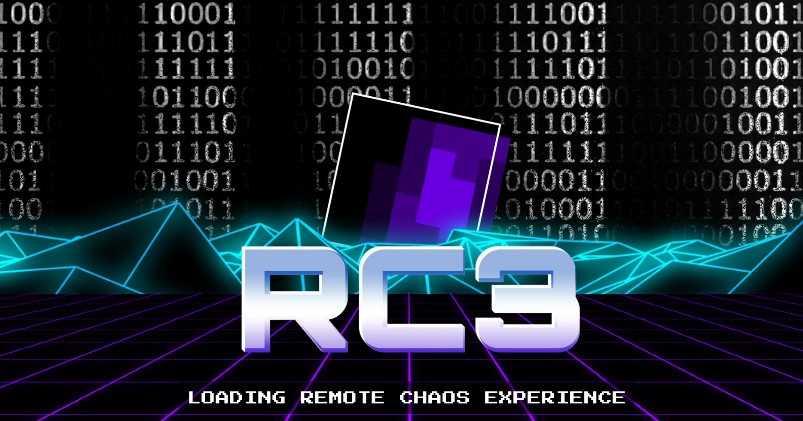
1998's Sonny Bono Copyright Term Extension Act extended US copyrights by 20 years to life-plus-70 for human authors and 95 years total for corporate authors. The extension was retrospective, so works in the public domain went back into copyright.
1/
1/

This was a wanton act of violence that doomed much of our culture to disappear entirely before its copyright expired, allowing it to be used and revitalized, rewoven into our cultural fabric.
2/
2/
It was undertaken to extract extra revenues for the minuscule fraction of works by long-dead authors that were still generating revenues. It also froze the US public domain for two decades, with no work re-entering our public domain until Jan 1 2018.
3/
3/
That day - the Grand Reopening of the Public Domain - marked the entry of the collected works of 1923 into the public domain. Last Jan saw the liberation of 1924's catalog:
blog.archive.org/2019/12/13/the…
4/
blog.archive.org/2019/12/13/the…
4/
And now, it's about to happen again. Every year, Duke University's @thepublicdomain and Jennifer Jenkins document the treasures we are about to receive. 1925 is a bumper crop:
web.law.duke.edu/cspd/publicdom…
5/
web.law.duke.edu/cspd/publicdom…
5/
We're getting The Great Gatsby AND Fats Waller; Woolf's Mrs Galloway and Hemingway's In Our Time; we're getting the Harlem Renaissance's peak, and the first year of The New Yorker. It's a good year!
(yeah, Mein Kampf is in there too)
6/
(yeah, Mein Kampf is in there too)
6/
Here's some highlights from the list:
* John Dos Passos, Manhattan Transfer
* Alain Locke, The New Negro (collecting works from writers including W.E.B. du Bois, Countee Cullen, Langston Hughes, Zora Neale Hurston, Claude McKay, Jean Toomer, and Eric Walrond)
7/
* John Dos Passos, Manhattan Transfer
* Alain Locke, The New Negro (collecting works from writers including W.E.B. du Bois, Countee Cullen, Langston Hughes, Zora Neale Hurston, Claude McKay, Jean Toomer, and Eric Walrond)
7/
* Sinclair Lewis, Arrowsmith
* Agatha Christie, The Secret of Chimneys
* Aldous Huxley, Those Barren Leaves
* The Merry Widow
* Buster Keaton’s Go West
* Always, by Irving Berlin
* Sweet Georgia Brown, by Ben Bernie, Maceo Pinkard & Kenneth Casey
8/
* Agatha Christie, The Secret of Chimneys
* Aldous Huxley, Those Barren Leaves
* The Merry Widow
* Buster Keaton’s Go West
* Always, by Irving Berlin
* Sweet Georgia Brown, by Ben Bernie, Maceo Pinkard & Kenneth Casey
8/
* Works by ‘Jelly Roll’ Morton, including Shreveport Stomps and Milenberg Joys (with Paul Mares, Walter Melrose, & Leon Roppolo)
* Works by Duke Ellington, including Jig Walk and With You (both with Joseph “Jo” Trent)
9/
* Works by Duke Ellington, including Jig Walk and With You (both with Joseph “Jo” Trent)
9/
* Works by ‘Fats’ Waller, including Anybody Here Want To Try My Cabbage (with Andrea “Andy” Razaf), Ball and Chain Blues (with Andrea “Andy” Razaf), and Campmeetin’ Stomp
10/
10/
* Works by Bessie Smith, the “Empress of the Blues,” including Dixie Flyer Blues, Tired of Voting Blues, and Telephone Blues
* Works by Sidney Bechet, including Waltz of Love (with Spencer Williams), Naggin’ at Me (with Rousseau Simmons), and Dreams of To-morrow
11/
* Works by Sidney Bechet, including Waltz of Love (with Spencer Williams), Naggin’ at Me (with Rousseau Simmons), and Dreams of To-morrow
11/
• • •
Missing some Tweet in this thread? You can try to
force a refresh







